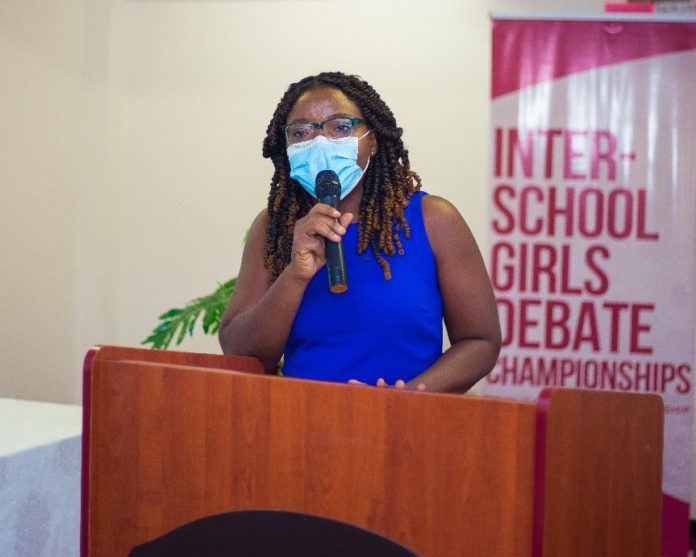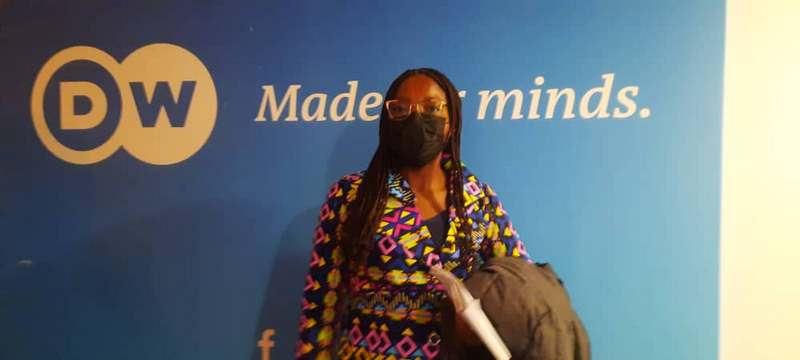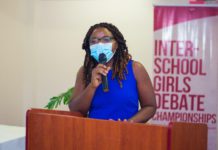
Seven journalists of The Fourth Estate are in Germany to sharpen their investigative journalism skills.
While in Germany, the team will be part of an intensive professional development training in Berlin and Hamburg from November 5 to 11, 2023.
“This programme on ‘Investigative Journalism’ will include meetings with eminent personalities and representatives from relevant institutions. At the same time, we would like to offer the opportunity to get first-hand impressions of Germany and its people,” the invitation letter from the German Ambassador to Ghana, Daniel Krull, said.
The seminar is being facilitated by the German Federal Foreign Office. The journalists will be hosted on behalf of the Federal Republic of Germany through its Visitors Programme, which is spearheaded by the Goethe-Institut.

In Berlin, the journalists will visit Deutsche Welle (DW), Germany’s international broadcaster. This is to help them appreciate the aims and operations of the media organisation.
Deutsche Welle to shut down German TV channel.
The Fourth Estate team will visit DW.
There will be a discussion with the German section of Reporters Without Borders on freedom of the press and information and their manifestations around the world.
By leveraging on the expertise of the cofounders of Undone Work, a Podcast and film production company, the team from The Fourth Estate will learn best methods on how to process fake news in their journalistic practice.
The journalists will take part in a workshop on fake news and disinformation on the internet, fact-checking and verifying information with resources of the Global Investigative Journalism Network. They will also meet some reporters of Investigate Europe to talk about how investigative journalism is networked in Europe.
The team will also visit the University of Dortmund and the German Bundestag, Germany’s Parliament, before they leave Berlin for Hamburg.
The Fourth Estate team will visit the German Parliament.
Their first interaction in Germany’s second largest city will be to learn about the colonial past of Hamburg.
Afterwards, they will visit Interlink Academy for International Dialogue and Journalism, a Training academy for journalists. There will be a discussion on professional training and e-learning for journalists at this meeting.
There will be an opportunity to spend time at one of Germany’s foremost news magazines, Der Spiegel, where the structure and work of the magazine will be discussed.
The Fourth Estate team expects to learn about all the new trends and innovations in investigative reporting and fact-checking.
“My expectation of the seminar is to gain insight into the latest trends and dimensions in investigative reporting, as well as learn more about open-source intelligence tools (OSINT) for fact-checking. I also look forward to being exposed to the culture of Germany,” an excited Thelma Amedeku, a member of the team said.
Edmund Agyemang Boateng said it is an “honour” to be chosen by the German Embassy for the training,” adding that its impact will be immense on his career.
“This opportunity brings the role played by two German journalists, Bastian Obermayer and Frederik Obermaier, in the Panama Papers’ expose to my mind. This shows the level of investigative journalism tools and knowledge we will be exposed to on this trip. I also intend to experience the cultural complexities of the country,” he said.
The other members of the team are Seth Bokpe, Adwoa Adobea-Owusu, Victoria Enyonam Adonu, Josephine Badu-Nyarko and Philip Teye Agbove.
The Visitors Programme
The first trips to Germany paid for by the government were for journalists in 1958. Since then, more than 50,000 people from different fields across the world have visited Germany under the Visitors Programme. The Federal Foreign Office has been responsible for the Visitors Programme of the Federal Republic of Germany since 2003, when it took over from the Press and Information Office of the Federal Government.
Until the 1980s, the majority of visitors came from European countries. Following Germany’s reunification, the focus of the Visitors Programme shifted to also include people from other regions of the world.





